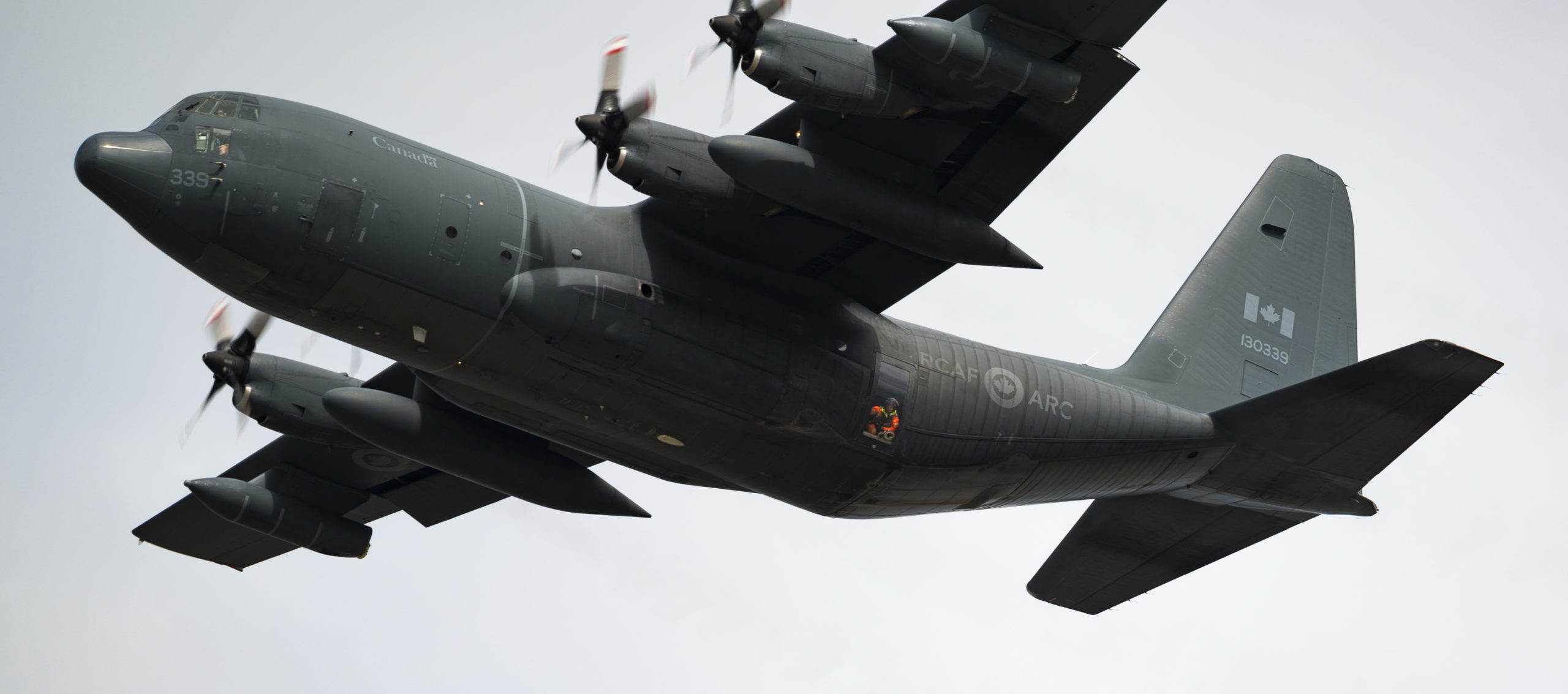
This article originally appeared in the Vancouver Sun.
By Richard Shimooka, July 29, 2022
Trust in government is at an all-time low among Canadians. And the area where this is perhaps most understandable is on defence procurement. Numerous headlines have highlighted programs over budget and unable to perform. Restoring confidence in defence procurement is critical — these procurements are among the largest single capital expenditures in the country. The most obvious example is the Canadian Surface Combatant program, a $65-billion shipbuilding project that will extend into the 2040s.
The Canadian Surface Combatant program is likely the largest mega-project in modern Canadian history. If implemented, it will exceed the cost of the James Bay Hydro Electric project. While many Canadians may cringe at the cost — that is the reality the world over — we should recognize that developing and fielding military capabilities tend to be very costly endeavours.
Despite the immense size of these programs and their critical importance, the Canadian public’s understanding of them is limited. Compared to its peers, Canada has very few oversight mechanisms for defence procurements that could enlighten the public. There is no standardized process or requirements for the government to provide information on projects. Instead, Canada has an ineffective patchwork of three bodies that have proved unable to provide effective oversight on major capital projects.
The Office of the Auditor General and Parliamentary Budget Officer can provide some oversight. However, these two offices have to be either asked and/or decide themselves to investigate the programs. Thus many programs pass through without scrutiny. Moreover, their ability to undertake work can be affected by political leadership.
In 2017, for example, the Office of the Auditor General decided to investigate the purchase of 18 Super Hornet aircraft, which had been flagged for irregularities by people involved in the project. Yet the Department of National Defence successfully curtailed significant portions of the report through legal arguments over the auditor-general’s scope to investigate the issue.
The last statutory body that can provide oversight is parliament. However, the ability of its committees to provide accountability, even with a minority government, is limited. Moreover, the same bureaucratic dynamics apply. A few months ago, the Government Operations Committee passed a motion for the government to produce all documents related to the challenges facing the troubled fixed-wing search and rescue program. Last week, Public Services and Procurement Canada responded that while there are delays, these are within the scope of the contract and therefore no documents exist that detail the challenges. It is a laughable assertion given the state of the program, and intended to shirk parliamentary oversight and accountability.
Canada announced in December 2016 that it was purchasing 16 C-295 aircraft for fixed-wing search and rescue as part of a $2.2-billion project. The new fleet was supposed to be in operation in mid-2021. Initial delays to the program were explained away as being the result of problems with the aircraft’s flight manuals — a smokescreen that shielded the program from real scrutiny until earlier this year, when it was disclosed the fleet would not be delivered until at least 2025. The aircraft is clearly deficient for the missions that it is required to carry out — including being unsafe to fly in mountainous and Arctic terrain. This was apparent as far back as 2017. Many within the military’s ranks would like to see the program cancelled, and it is questionable whether it will ever enter service. Nevertheless, the Department of National Defence is forced to defend it. As with SNC Lavalin, WE Charity and the Nova Scotia mass murder inquiries, the bureaucracy can be co-opted to protect the political position of the government.
So how to reform this area?
During the 2019 election, the Liberals promised the creation of a defence procurement oversight organization. The government has failed to deliver on this promise and it is unlikely to do so in the future. Moreover, such an effort is unlikely to resolve the situation. It would likely re-create the existing culture and processes in a new department — with similar results. Instead, Canada needs a sustained reform effort built on incremental steps. One of the easiest and most straightforward would be to increase the oversight mechanism on defence procurement projects.
The U.S. provides some useful ideas on this area, given its approach to oversight and accountability on defence procurement. One of its more effective systems is the Selected Acquisitions Report, or SAR. Every year, the U.S. Department of Defense is required by law to produce a SAR for projects that exceed $500 million US a year — each report lays out the project’s objective, proposed timeline, cost and performance, as well as its progress. These acquisitions reports are extremely detailed and provide a baseline upon which Congress can judge the Department of Defense’s performance on the project and question program managers and senior officials about issues. By measuring various performance indicators, it can start a discussion on the program’s progress and necessity.
Frankly, this should be the bare minimum that Canada’s Department of National Defence should provide to the public. If the U.S., with its massive defence budget, can provide such level of detail for oversight, there is no reason why Canada can’t.
The adoption of a SAR-like system would add much needed transparency and accountability to procurement projects, and be the first step for future changes. It would highlight the challenges facing programs like Fixed Wing Search and Rescue early on, when corrective action could yield results, not years later. From there, new tools to improve oversight and performance could include automatic audits of programs that exceed costs or are delayed. Without the ability to measure program outcomes accurately, the potential for more failures like the Fixed Wing Search and Rescue program will remain high.
Richard Shimooka is a senior fellow at the Macdonald-Laurier Institute.





